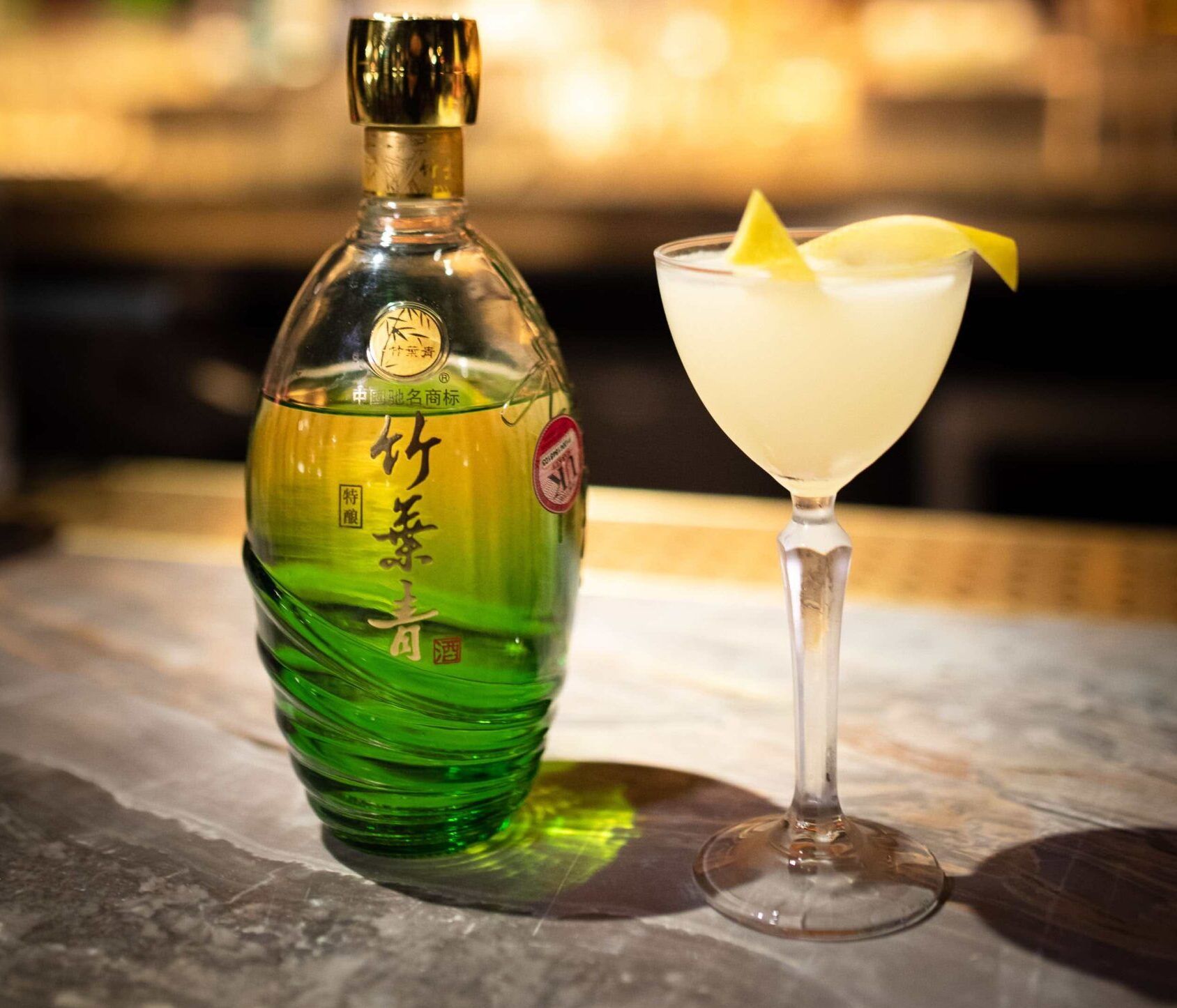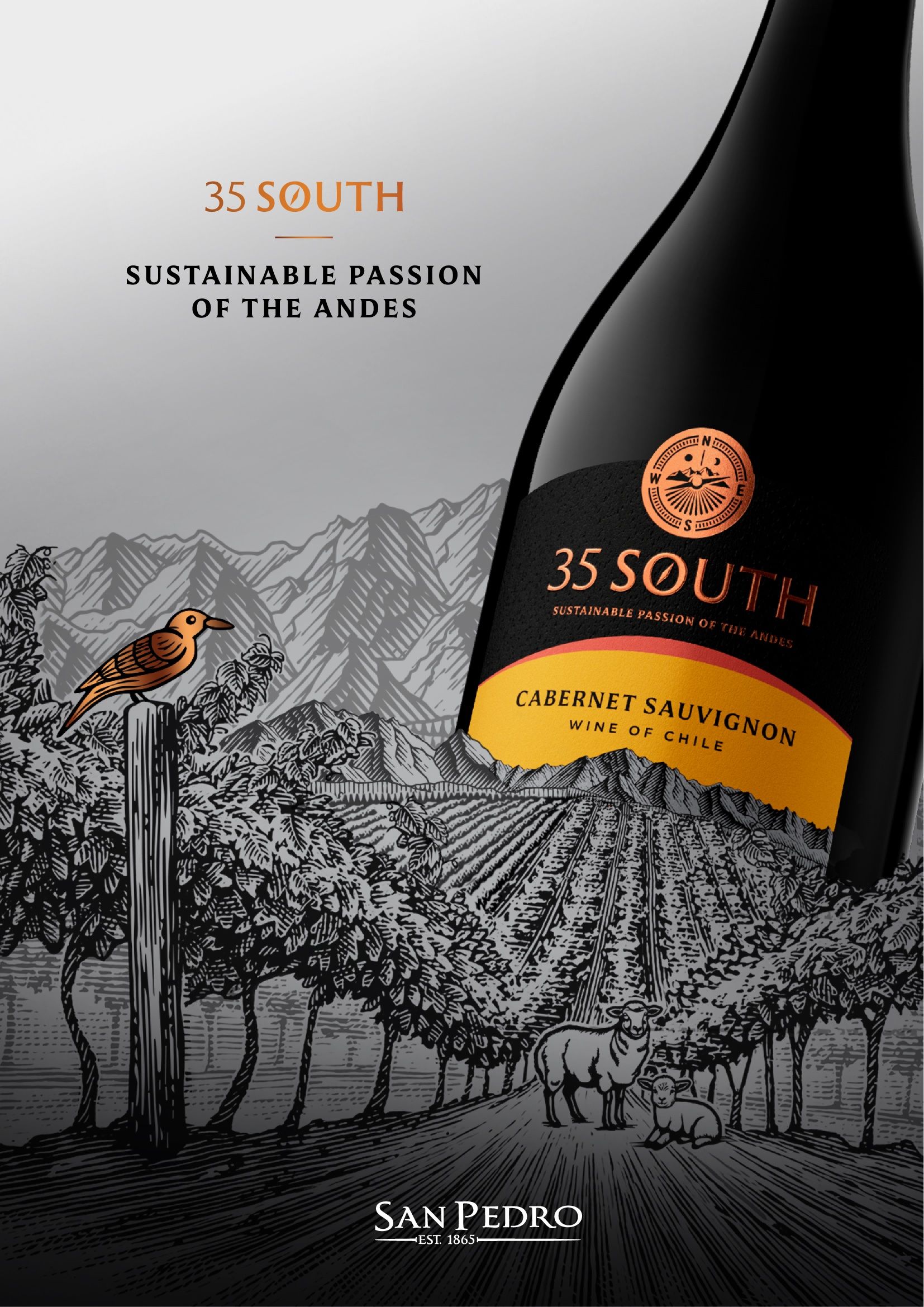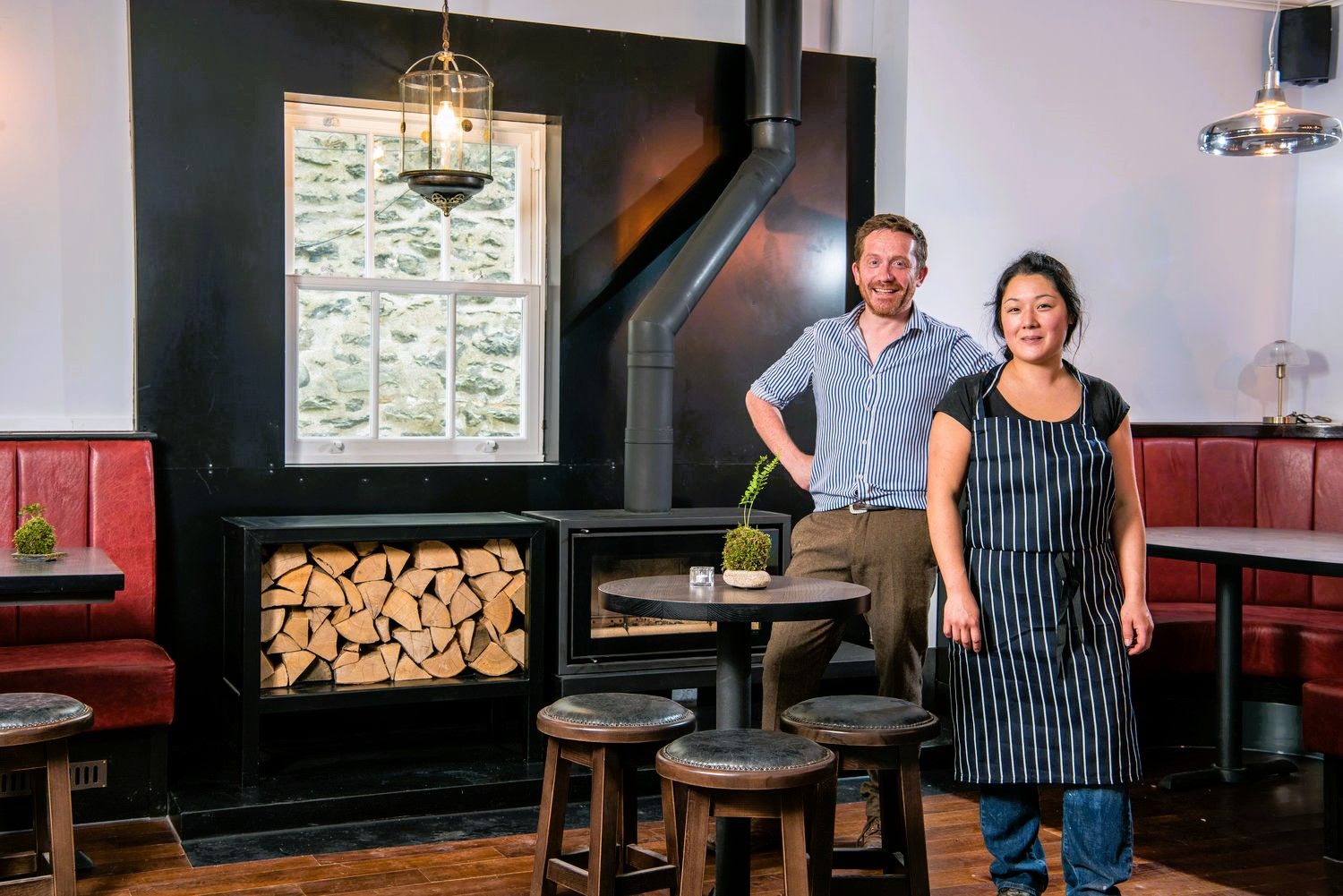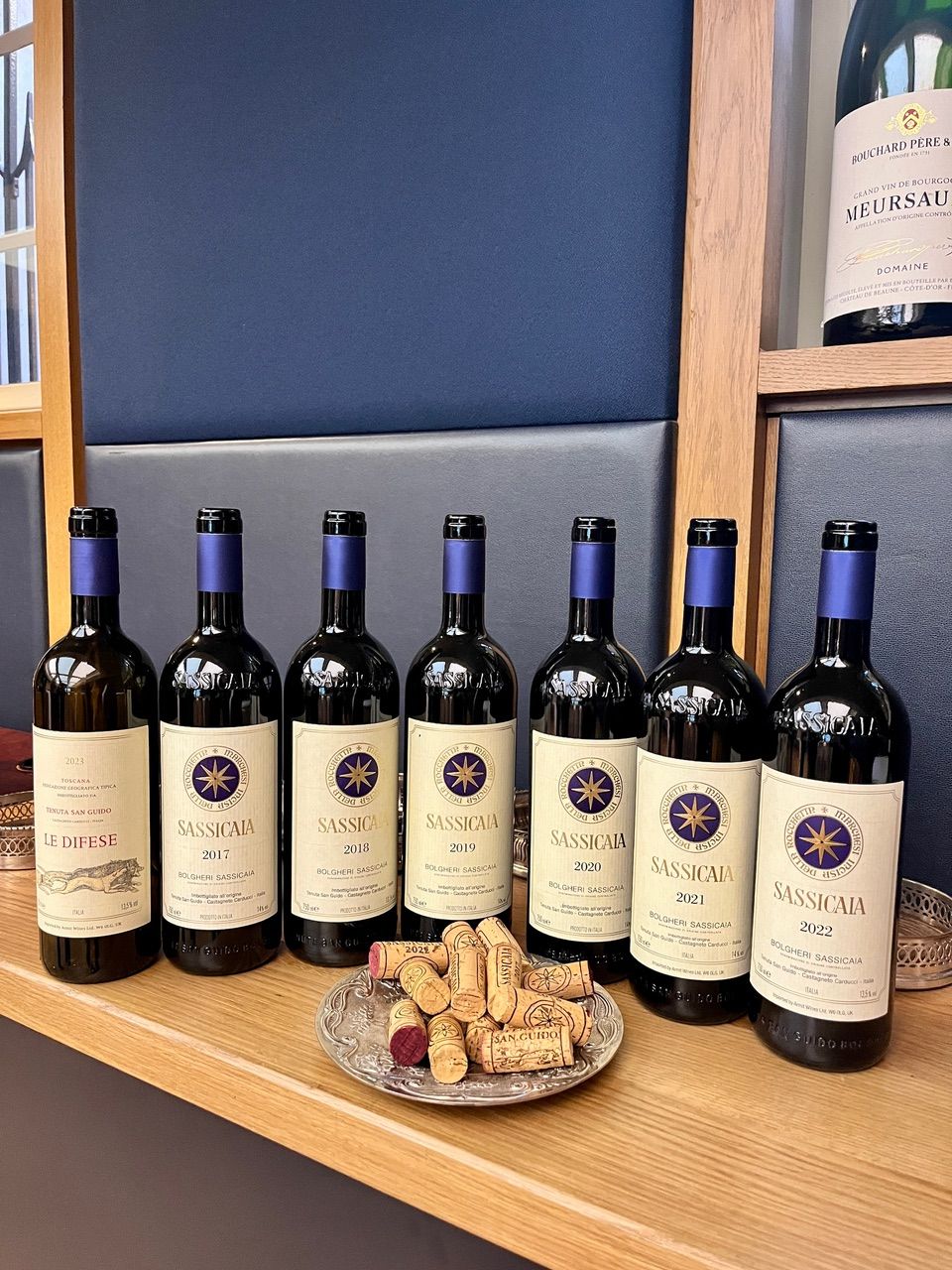If you are looking to celebrate Chinese New Year on February 12 then why not experiment with some baijiu. Here Jessica Broadbent explains why it is a style of drink that key importers like Cheng International believe has a strong future in the UK.
When Qiqi Chen moved to the UK a decade ago she found Chinese culture to be widely misunderstood. The disconnect was most evident in perceptions of Chinese drinking culture.
For Chen, the most surprising stereotype was of the endless drinking and bottoms-up culture that many people experience when they travel to China on business. As she explains: “People think that it’s just gānbēi, and bottoms up. I wouldn’t say that’s completely wrong, but you are only seeing the tip of the iceberg.”
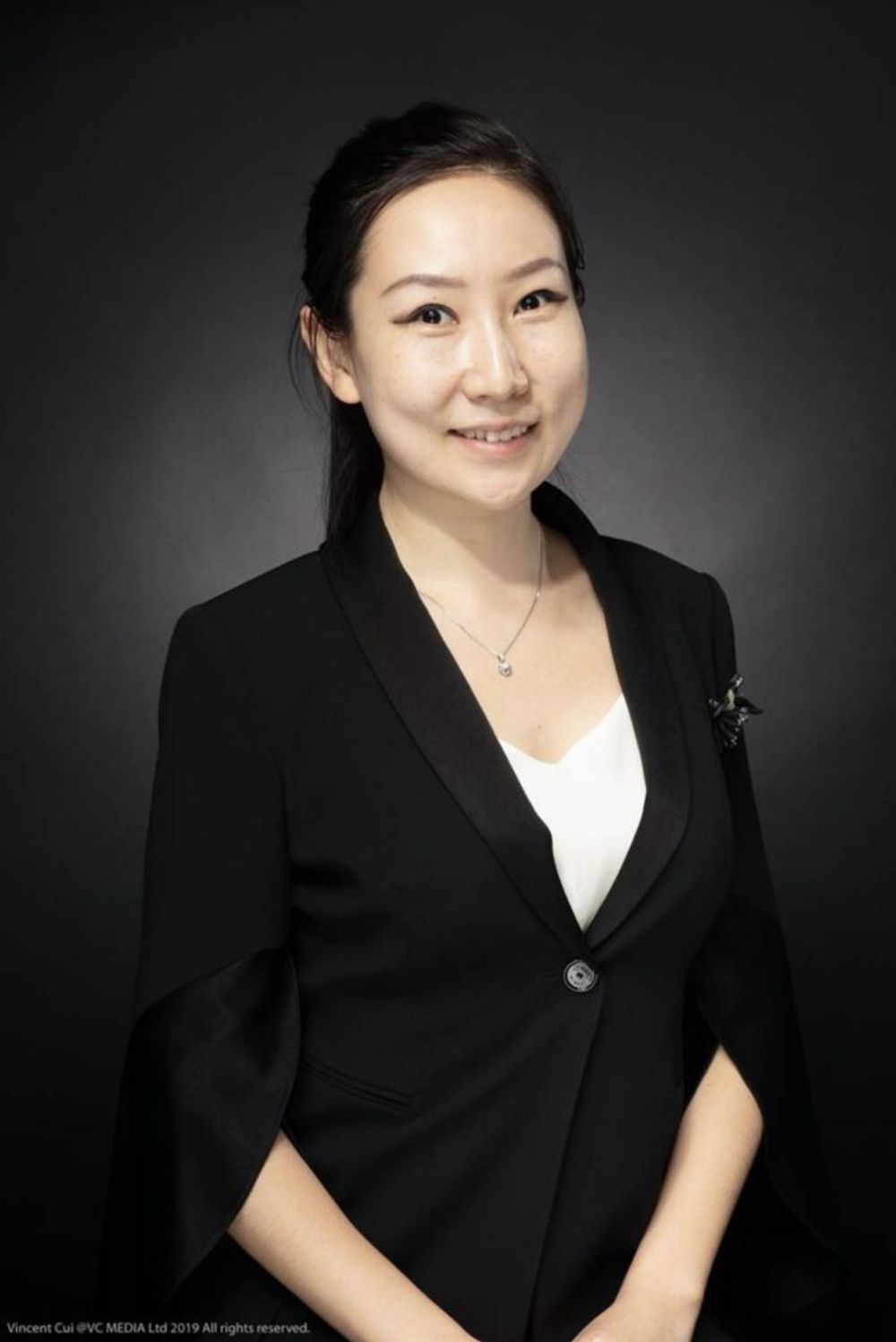
Qiqi Chen managing director of Cheng International is moving quickly to change the UK’s perceptions about baijiu
She adds: “Lots of people talk from their own experience when they’ve been to China, but you have to understand what the occasion is. If you go there as a guest as part of the hospitality culture, which is really really important to us, we have to make sure you feel welcomed and respected. One of the main ways of showing a guest respect is to toast with them. When you are drinking, we think you must be happy. We want to welcome you with a drink and food and show we are happy to have you there.
“But it doesn’t mean that every day we are drinking. When we go out after work, drink with friends or with our families, it’s never ‘bottoms up’. I still enjoy sipping a glass of wine slowly with my parents. But that aspect is not seen, and has formed the wrong impression of Chinese eating and drinking culture.”
Changing perceptions
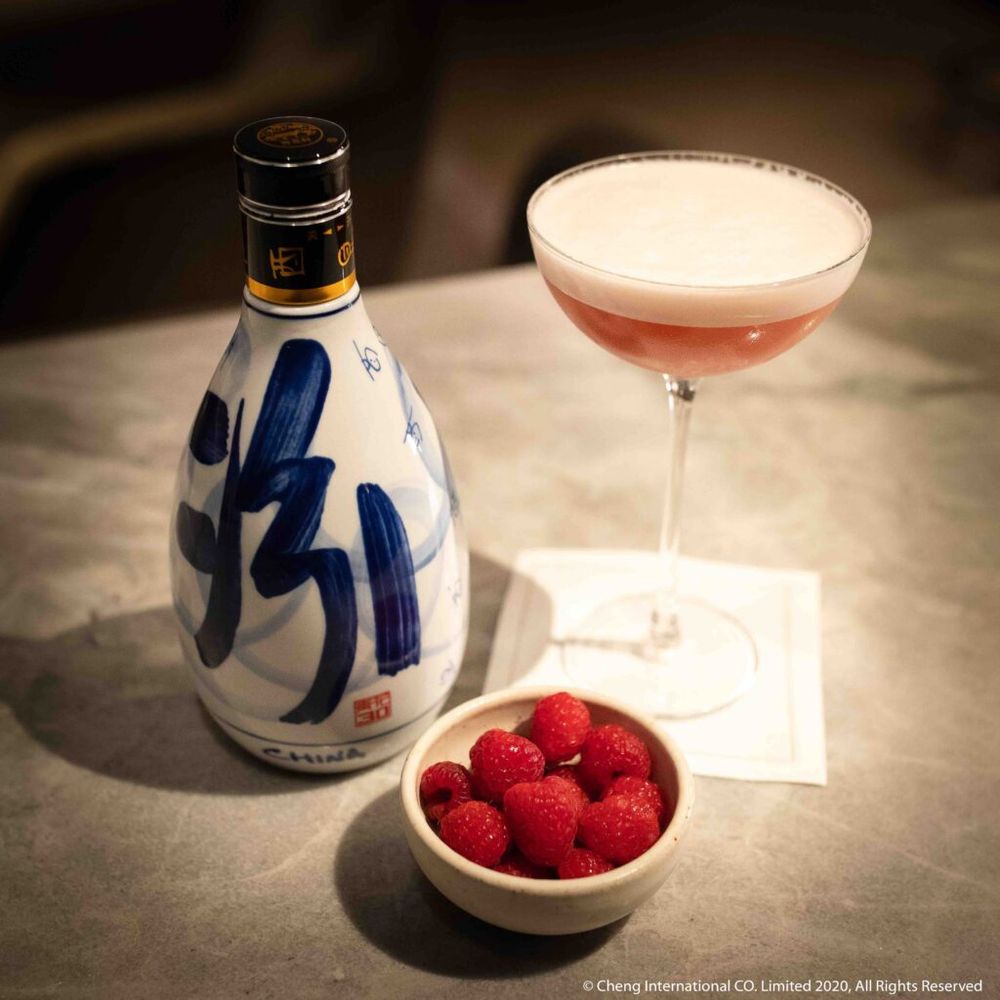
Working with top hotels like The Stratford to create dynamic baijiu cocktails is helping to change people’s perceptions of the drink
Changing perceptions of baijiu in the UK was the driving force behind Cheng International, a London-based importer and distributor of premium baijiu founded in 2018. Chen’s aim is to see baijiu with whole-page listings alongside other spirits on restaurant and hotel menus within the next three years. A tall order for a spirit that many consumers still haven’t heard of.
In two short years Cheng International has managed to get Fenjiu, a top baijiu brand, listed in Harrods, Selfridges and Harvey Nichols. It has recently signed a deal with The Ivy Group which will see listings in all new openings. The Ivy Asia in St Paul’s now has Chen’s coveted baijiu-devoted page in its menu.
For Cheng International it was important to showcase quality baijiu when introducing it to the market. Its first listing in Harrods was the premium 30-year old Qinghua Fenjiu (48%).
“In the past few years we have seen there is a growing interest in the market for baijiu,” says Chen. “People are interested in trying something new. When trying baijiu a lot of people find it’s not what they thought it was. A lot of customers had an experience with other baijiu and they didn’t like it. But then when they try Fenjiu it changes their mind. It’s not what they thought it would be. Especially when we present really tasty cocktails.”
Education is key
Chen believes the success of baijiu relies on educating both the trade and consumers.
“This whole category has never been introduced properly to the UK. People just think of a fiery spirit from China,” she says. “Our aim is to educate UK customers and the on-trade in what baijiu actually is and the whole baijiu category. Education is really a key activity for us because to introduce a completely new category into the UK market we have to help people to understand the products first before getting further. So we are always very focussed on education.”
Usually Chen presents baijiu at live events, runs campaigns and collaborations, and introduces consumers to the category through food pairings and cocktails.
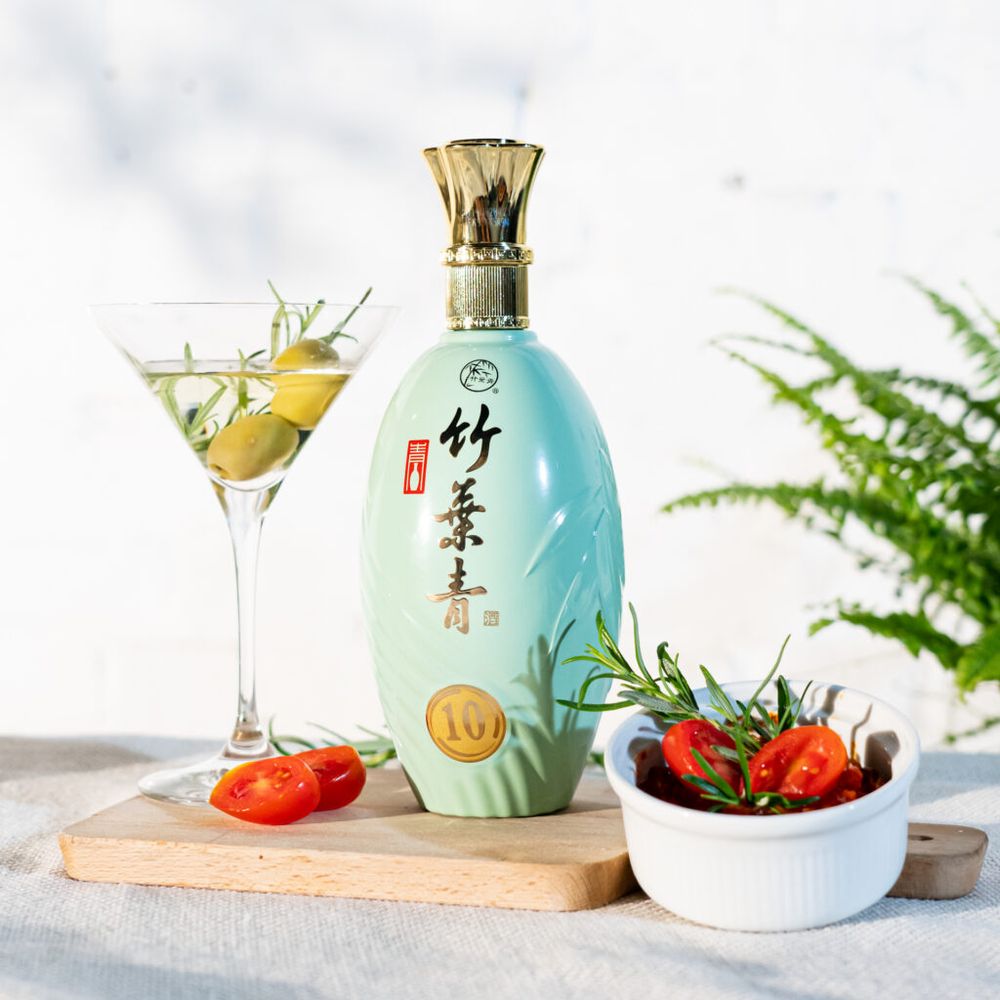
Cheng International worked with a number of leading venues for the last Chinese New Year to help introduce baijiu to their customers
For Chinese New Year 2020 Cheng International organised a series of events from west to east London, including Bulgari Hotel London, Harrods, The Ivy Asia, Four Seasons at Ten Trinity Square, Soho’s William Curley chocolate shop (with a baijiu-infused chocolate), and The Stratford Hotel.
During lockdown it took education online. It ran a series of ‘lifestyle’ tastings for consumers and masterclasses for the trade. It also ran cooking classes incorporating baijiu, including a Fenjiu tiramisu.
“We are using this opportunity while people are at home to help people get to know Fenjiu a little more, so when Covid is finished people are ready to try more as they already have the knowledge,” says Chen.
Cheng International also released some simple cocktail videos shared via social media during lockdown. They’ve found that using baijiu in classic cocktails works best with consumers, and has turned to Instagram Live to show people how to make them.
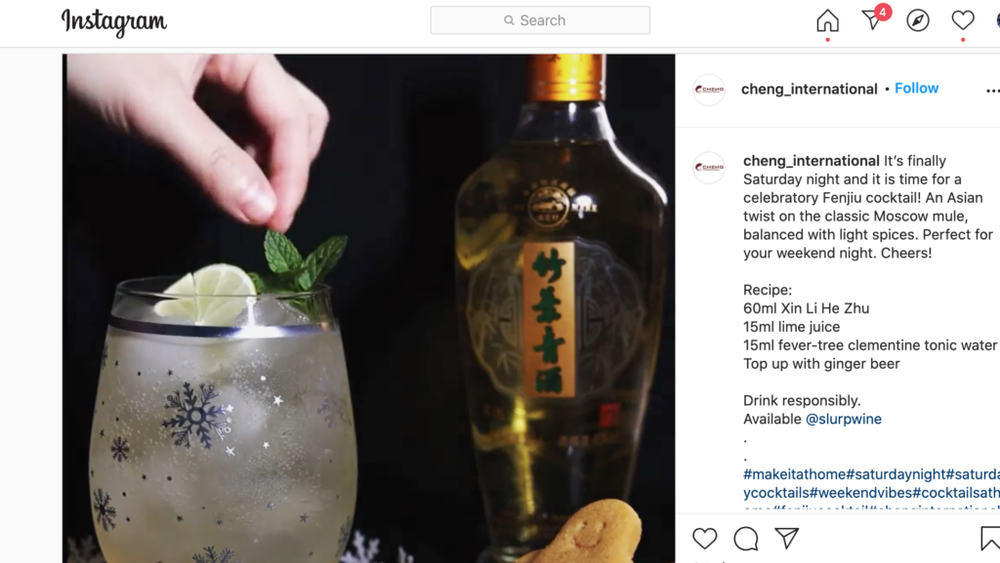
Education and inspiration via social media has been key for Cheng International during the long months of lockdown
“Not many people are expert cocktail makers. Because people are staying at home, they need something they know how to make,” she adds.
New vs old
In China baijiu is traditionally drunk neat from a bamboo cup, which represents longevity, luck and progress. Chen says there is a real divide between the traditional drinking occasion and a new generation of drinkers. Her parents still drink it neat, and its place in business tradition remains strong.
“On the business occasion, you need to impress. All big brands, like Fenjiu, are really important on the dinner table.”
But younger generations are inspired by western lifestyles. “Now people are influenced by western culture and want to be drinking cocktails,” she adds. “People are excited and looking for baijiu cocktails in China as well. They don’t want to drink a huge bottle with their friends. They are looking for a new lifestyle-ish way of enjoying baijiu.”
Despite the changing trends around how it’s consumed, Chen doesn’t see baijiu going out of fashion any time soon. She says baijiu is to the Chinese like sparkling wine is to many in the UK: a drink so rooted in celebration that it feels strange to toast with anything else.
“It can never be replaced – baijiu in Chinese culture is similar to Champagne or bubbly in the UK. You cannot have a celebration without bubbly because something is missing. Similarly in China, we can’t have a celebratory occasion without baijiu.”
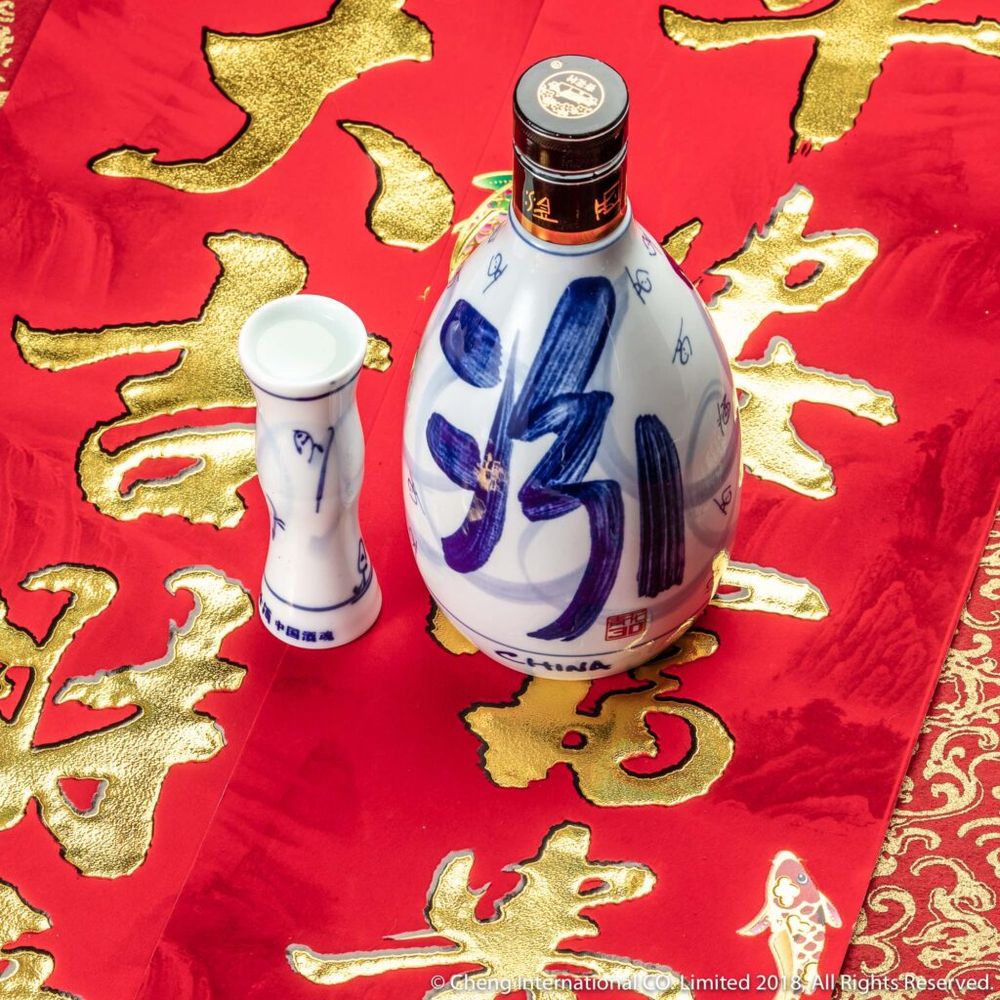
Baijiu is very much synonymous with celebrations and happiness in China
Cocktails are king
“I think cocktails are the door-knocking product for baijiu. Who doesn’t love a good cocktail? With baijiu cocktails people think, ‘I’ve never tried anything like this before but it’s so tasty’,” says Chen.
Why does it work so well in cocktails? “In cocktails you can always taste the base liquor. With baijiu you have taken out the taste consumers are familiar with and replaced it with something new. If you use a strong or sauce aroma baijiu in a cocktail you can taste it immediately. With a light aroma baijiu like Fenjiu this taste is not too strong, it forms a harmony with the other ingredients.”
Cheng International hosted the inaugural Fenjiu cocktail competition at the Connaught Bar in Mayfair in 2019. Bartenders were challenged with creating Fenjiu’s signature cocktail to win a trip to the distillery in China.
The winner was Andrea Dionori (click here for the story on The Buyer) with The Golden Empire, made with Fenjiu 10 Years Old, Cocchi Americano, Palo Cortado and a homemade Palo Santo cordial.
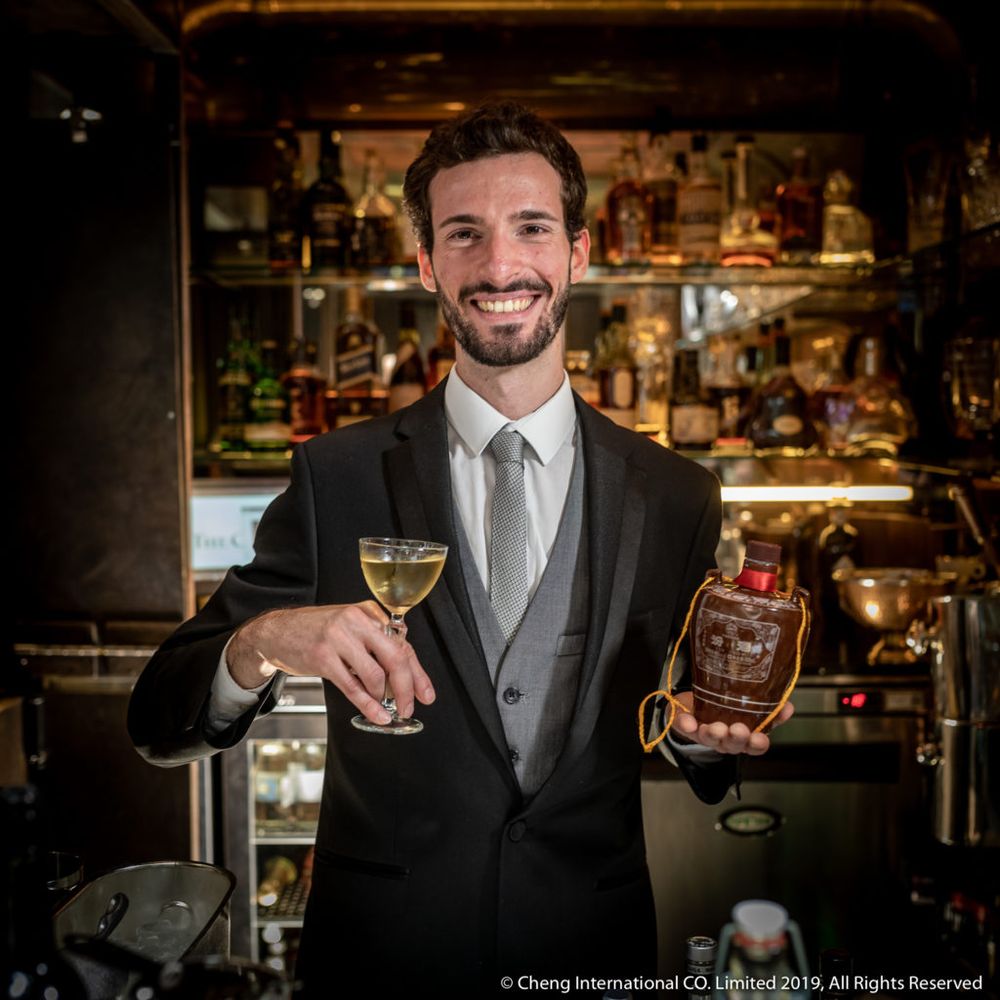
Andrea Dionori of Crazy Bear – Winner of the Fenjiu Cocktail Competition 2019
The competition was a smart marketing move. “Bartenders communicate a lot,” adds Chen. Since the event she has been approached by lots of bartenders who are interested in learning more about baijiu and its potential in cocktails.
A versatile choice
For Chen, baijiu’s pull is its versatility. Not only can it be shaken into cocktails, but it can replace wine during a meal, and be sipped neat or simply mixed with tonic. Chen finds it works really well mixed with Fever Tree Clementine Tonic Water or Ginger Beer.
“Our philosophy of Fenjiu in the UK is that is fits all lifestyles. If you are a spirit drinker it has a role in your life, and if you are a cocktail drinker it also has a role. Also if you are a foodie, or you have a sweet tooth, then Fenjiu can be used in cooking and you can enjoy a Fenjiu truffle chocolate. So it also has a role in your life.”
A sense of place
Geographical indication for baijiu is unique. Certain baijius can only be made in certain areas. But unlike with wine, these borders are dictated by brands.
Chen gave the example of Moutai, one of China’s biggest and most expensive brands. Its baijiu is crafted in the town of Moutai and is only bottled once a year. Producers in the villages surrounding Moutai use a similar production technique to produce a similar style of baijiu, also fermenting their liquor for a year. But these are considered fake, and are labelled Moltai town baijiu.
An area’s raw materials are paramount for baijiu. Producers always use local sorghum, as the starch and sugar content differ from place to place. Water is drawn from deep local wells, ensuring it is untainted by pollution.
Producers are very particular about the bacteria used too, particularly for strong aroma baijiu. “The bacteria develops the whole fermentation and the flavour,” said Chen.
Big brands still dominate
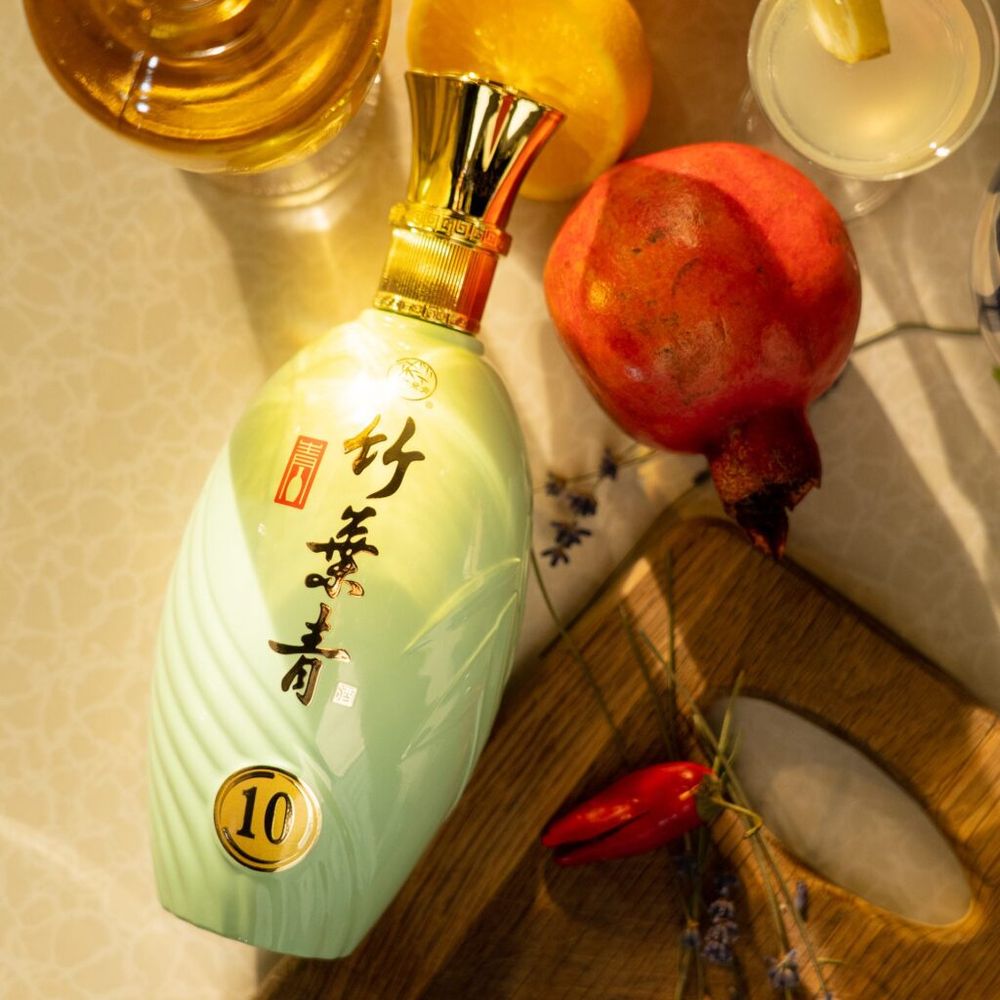
Big brands have come to dominate the baijiu market
Baijiu can be made anywhere. But for Chen, it’s never the same as when established brands produce it. “There was a Japanese company trying to copy Fenjiu and it wasn’t successful,” she says. “You can make baijiu – just distil some grains and make a liquor and you can call it baijiu – but it’s nowhere similar. You just cannot copy another Fenjiu or Wǔliángyè (a competitor).”
So are there craft baijiu brands too? Chen says there is a craft scene, but the market is dominated by 10 big brands. These companies are steeped in history and began producing baijiu over 6,000 years ago. Now they are run corporately but retain their significance in Chinese culture.
“The reason why we are distributing these big brands is because we appreciate that heritage,” she explains. “The craftmanship has been passed from generation to generation. This history and heritage is what we want to import into the UK. It’s not just simply a bottle of alcohol, there’s culture behind it.
“There are always people trying to make their own spirits, but they are not the same brands. They can get popular slowly. It’s not to say any brand outside the bigger brands aren’t good. They just have their own market and their own style. It’s like Champagne and sparkling wine – there are different styles and you drink them at different occasions.”
Role of female blenders
Women are revered for their palates in the baijiu industry and many master blenders are female. The master blender role usually passes to the next generation in family businesses, and candidates are prepped from childhood.
Master blenders live a strict life. They can’t eat spicy food or strong flavours that might ruin the palate such as soy sauce, garlic and onion. They have to keep their bodies healthy and exercise lots.
“It’s all about the palate,” says Chen. “The premium baijiu master blenders keep their palate absolutely clean at all times. Wearing makeup and jewellery is also avoided because it can interfere with their sense of smell or taste, or possibly come in contact with the baijiu, contaminating its purity and flavours.”
How to taste baijiu for the first time
There are three main styles of baijiu: light aroma, strong aroma, and sauce aroma. Sauce is so-called as it has characteristics of soy sauce, and it is the most intense.
Chen suggests it’s wise to approach the three categories like cheese: you might not start someone off with a pungent blue, and likewise you wouldn’t begin with a sauce aroma baijiu. She recommends starting with a high-quality light aroma baijiu for newcomers to the category, like the Qinghua Fenjiu 30 Year Old (48%).
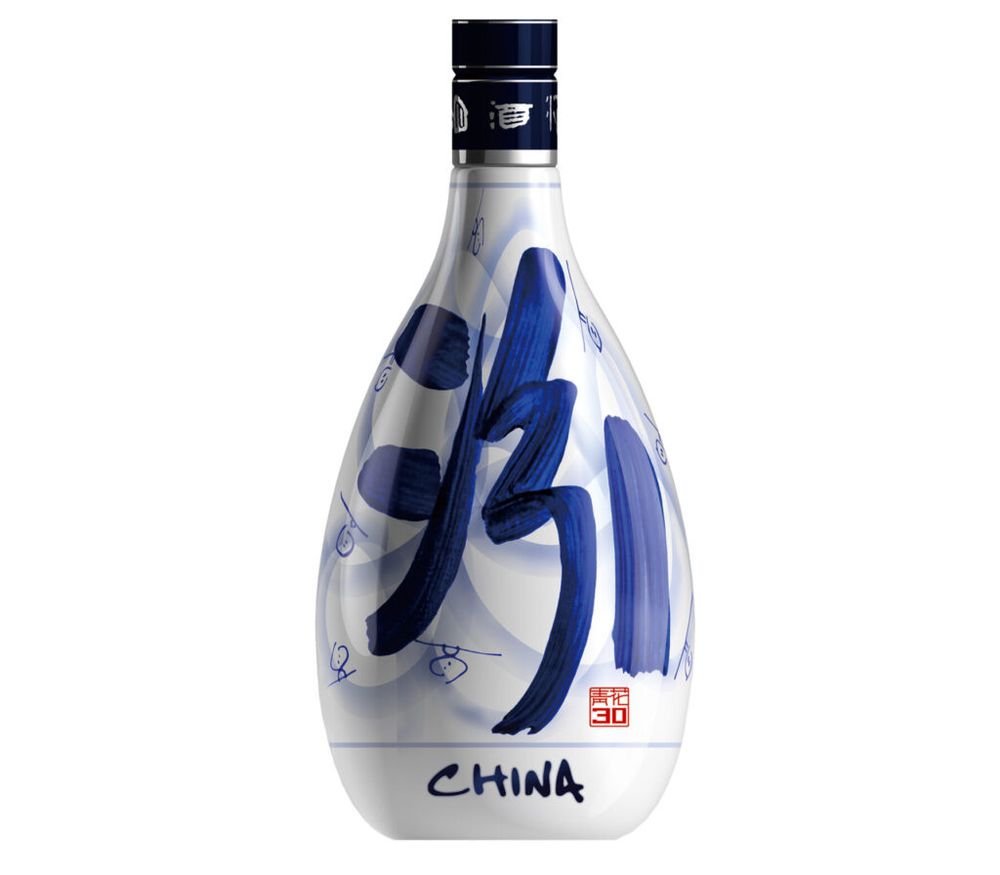
Chen recommends starting out learning how to taste baijiu with a 30 year old style
First she says to get a sense of the aroma. Even without swirling the glass the aroma of the Qinghua is strong. Then, take a very small sip to warm up the palette and familiarise yourself with the style and flavour of baijiu. It’s pretty warm at first sip, but with a lot of flavour and complexity. Now Chen says to take a second, slightly bigger sip. The flavour this time is more intense. It’s fruity and savoury, with pineapple and coconut that lingers for minutes.
“The interesting part about baijiu is that every sip builds upon the previous layer and you will discover a new style or flavour. For the 30 year old I find this one quite fruity, with tropical fruit notes. The more sips I take, the more it changes on my palette. It’s a really lingering aroma.”
Celebrating Chinese New Year at home with Fenjiu
Chinese New Year 2021 is on February 12. Traditionally, Chinese New Year is a family celebration enjoyed at home. Houses are adorned with simple red paper decorations with written blessings and good wishes. It is traditional for families to make different types of dumplings together on Chinese New Year and serve them with baijiu.
Here’s a simple Fenjiu cocktail that can be made in lockdown:
Fenjiu Chinese New Year Martini
Ingredients:
20ml Fenjiu
50ml Vodka
20ml Dry vermouth infused with fresh ginger and green tea
2 drops of orange bitters
Method:
Stir the ingredients together and strain into a coupette glass
Garnish with lemon zest
